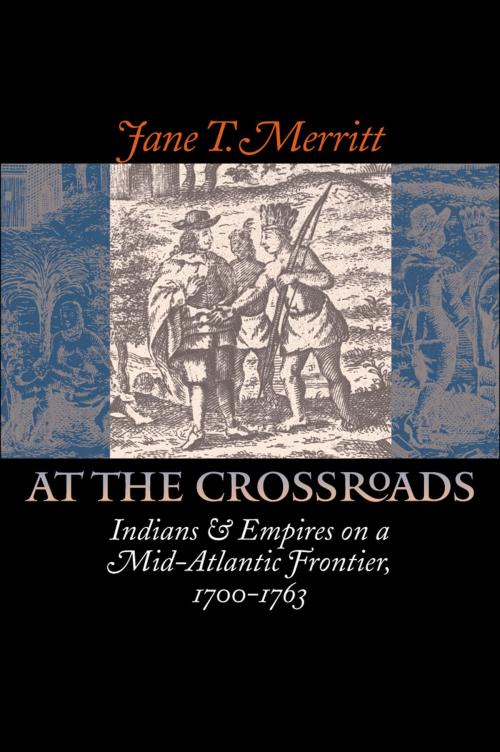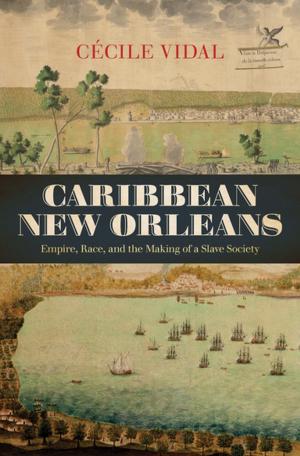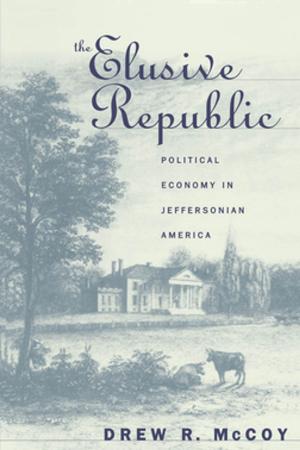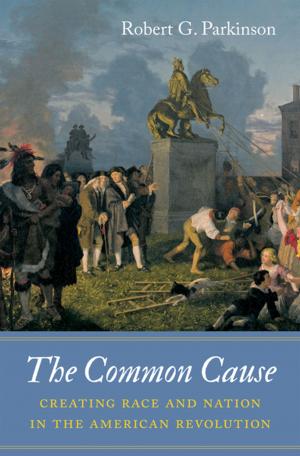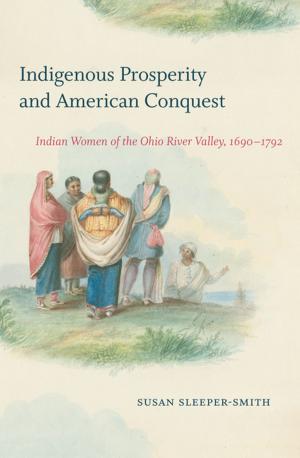At the Crossroads
Indians and Empires on a Mid-Atlantic Frontier, 1700-1763
Nonfiction, Social & Cultural Studies, Social Science, Cultural Studies, Native American Studies, History, Americas, United States, Colonial Period (1600-1775), Discrimination & Race Relations| Author: | Jane T. Merritt | ISBN: | 9780807899892 |
| Publisher: | Omohundro Institute and University of North Carolina Press | Publication: | January 1, 2011 |
| Imprint: | Omohundro Institute and University of North Carolina Press | Language: | English |
| Author: | Jane T. Merritt |
| ISBN: | 9780807899892 |
| Publisher: | Omohundro Institute and University of North Carolina Press |
| Publication: | January 1, 2011 |
| Imprint: | Omohundro Institute and University of North Carolina Press |
| Language: | English |
Examining interactions between native Americans and whites in eighteenth-century Pennsylvania, Jane Merritt traces the emergence of race as the defining difference between these neighbors on the frontier.
Before 1755, Indian and white communities in Pennsylvania shared a certain amount of interdependence. They traded skills and resources and found a common enemy in the colonial authorities, including the powerful Six Nations, who attempted to control them and the land they inhabited. Using innovative research in German Moravian records, among other sources, Merritt explores the cultural practices, social needs, gender dynamics, economic exigencies, and political forces that brought native Americans and Euramericans together in the first half of the eighteenth century.
But as Merritt demonstrates, the tolerance and even cooperation that once marked relations between Indians and whites collapsed during the Seven Years' War. By the 1760s, as the white population increased, a stronger, nationalist identity emerged among both white and Indian populations, each calling for new territorial and political boundaries to separate their communities. Differences between Indians and whites--whether political, economic, social, religious, or ethnic--became increasingly characterized in racial terms, and the resulting animosity left an enduring legacy in Pennsylvania's colonial history.
Examining interactions between native Americans and whites in eighteenth-century Pennsylvania, Jane Merritt traces the emergence of race as the defining difference between these neighbors on the frontier.
Before 1755, Indian and white communities in Pennsylvania shared a certain amount of interdependence. They traded skills and resources and found a common enemy in the colonial authorities, including the powerful Six Nations, who attempted to control them and the land they inhabited. Using innovative research in German Moravian records, among other sources, Merritt explores the cultural practices, social needs, gender dynamics, economic exigencies, and political forces that brought native Americans and Euramericans together in the first half of the eighteenth century.
But as Merritt demonstrates, the tolerance and even cooperation that once marked relations between Indians and whites collapsed during the Seven Years' War. By the 1760s, as the white population increased, a stronger, nationalist identity emerged among both white and Indian populations, each calling for new territorial and political boundaries to separate their communities. Differences between Indians and whites--whether political, economic, social, religious, or ethnic--became increasingly characterized in racial terms, and the resulting animosity left an enduring legacy in Pennsylvania's colonial history.
